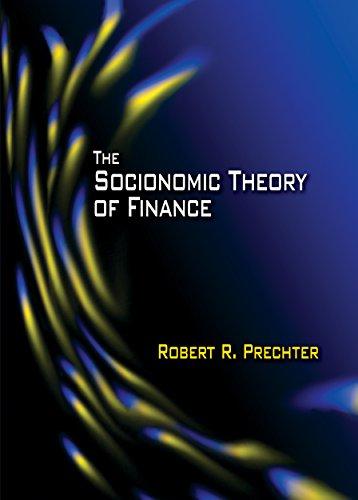Question
Chad tells you he wants to revise his retirement plans. He thinks it is more realistic to retire in 35 years, as opposed to 25
Chad tells you he wants to revise his retirement plans. He thinks it is more realistic to retire in 35 years, as opposed to 25 years that he mentioned to you in the previous meeting. His goal is to save $1.5 million by that time. Chad's employer offers a defined-contribution pension plan, but Chad is not currently taking advantage of the plan. Chad's employer will match pension contributions up to $450 per month. Chad knows that contributing to the pension is important, but prior to meeting with you and getting his cash flows in shape, he did not think he could afford to contribute.
a) How much will he have in 35 years if he invests $450 per month at an annual interest rate of 6.5%, compounded annually, with no employer contribution?
b) How much will he have if his annual contributions grow at a rate of 2.5% per year, compounded annually?
c) Assuming zero growth in his deposits, how much will he have to save per monthat an annual interest rate of 6.5% compounded annually, to reach his $1.5 million goal in 35 years?
d) Assuming zero growth in his deposits, if Chad were to retire after 25 years instead of 35 years, what impact could this decision have on his standard of living?
e) Re-do the calculations you did in part a, assuming full employer matching.
Step by Step Solution
There are 3 Steps involved in it
Step: 1

Get Instant Access to Expert-Tailored Solutions
See step-by-step solutions with expert insights and AI powered tools for academic success
Step: 2

Step: 3

Ace Your Homework with AI
Get the answers you need in no time with our AI-driven, step-by-step assistance
Get Started


